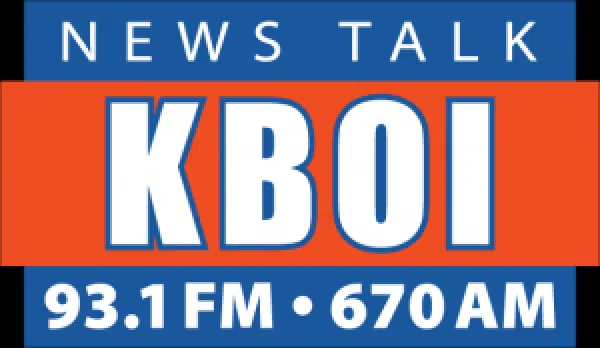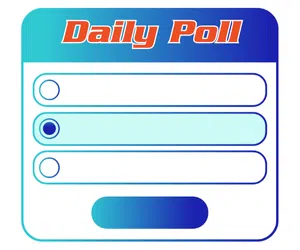The NCAA Committee on Infractions has permanently revoked the eligibility of six former men’s basketball players after investigations revealed game manipulation, sports betting activities, and a lack of cooperation with enforcement staff.
The decisions, announced Friday, involve players from the University of New Orleans, Mississippi Valley State University, and Arizona State University.
The athletes, Cedquavious Hunter, Dyquavian Short, Jamond Vincent, Donovan Sanders, Alvin Stredic, and Chatton “BJ” Freeman, are no longer enrolled at their former schools.
According to the NCAA, the cases stemmed from violations related to betting-driven game manipulation and players providing inside information to known bettors.
The committee confirmed that all six knowingly violated ethical conduct rules and later misled investigators during questioning, resulting in permanent ineligibility under updated reinstatement guidelines for sports wagering.
At New Orleans, investigators found that Hunter, Short, and Vincent conspired with outside bettors to influence game outcomes. The case began in February 2025 when the school received a tip that players might be involved in point-shaving.
Evidence from phone records showed that Vincent texted third parties about “throwing” a Dec. 28, 2024, game, while Short and Hunter communicated with a bettor who instructed them to “lay it down.”
The NCAA determined the trio manipulated their performances over seven games between December and January, losing by more points than the betting spread.
Mississippi Valley State’s investigation began after reports surfaced of an NBA gambling ring with possible college ties. The NCAA said Sanders and Stredic were offered money to perform poorly in two separate games.
One teammate told investigators he overheard Sanders discussing “throwing the game” with a bettor before a December 2024 matchup. Both players later provided false information and withheld phone records during the investigation.
Freeman, then at Arizona State, was found to have shared insider information with a known bettor and his then-girlfriend, who placed wagers through daily fantasy sports accounts. Records from a separate case involving another athlete revealed Freeman’s communications.
He later denied the exchanges and the existence of his own fantasy account, which was traced to his name and email. Freeman eventually admitted to his role through a negotiated resolution.
The NCAA stated that while no schools were directly implicated, all six athletes violated ethical conduct standards that protect the integrity of competition.
The association reaffirmed that student-athletes who intentionally affect game outcomes or provide information for betting purposes face permanent loss of eligibility.
The rulings underscore the NCAA’s heightened scrutiny amid the rapid growth of legal sports gambling nationwide.
The committee said these cases should serve as a warning to student-athletes and institutions to strengthen education and compliance measures.
The penalties end the collegiate careers of all six players unless a future NCAA school petitions for their reinstatement, which remains unlikely given the severity of the findings.
© 2025 Newsmax. All rights reserved.






